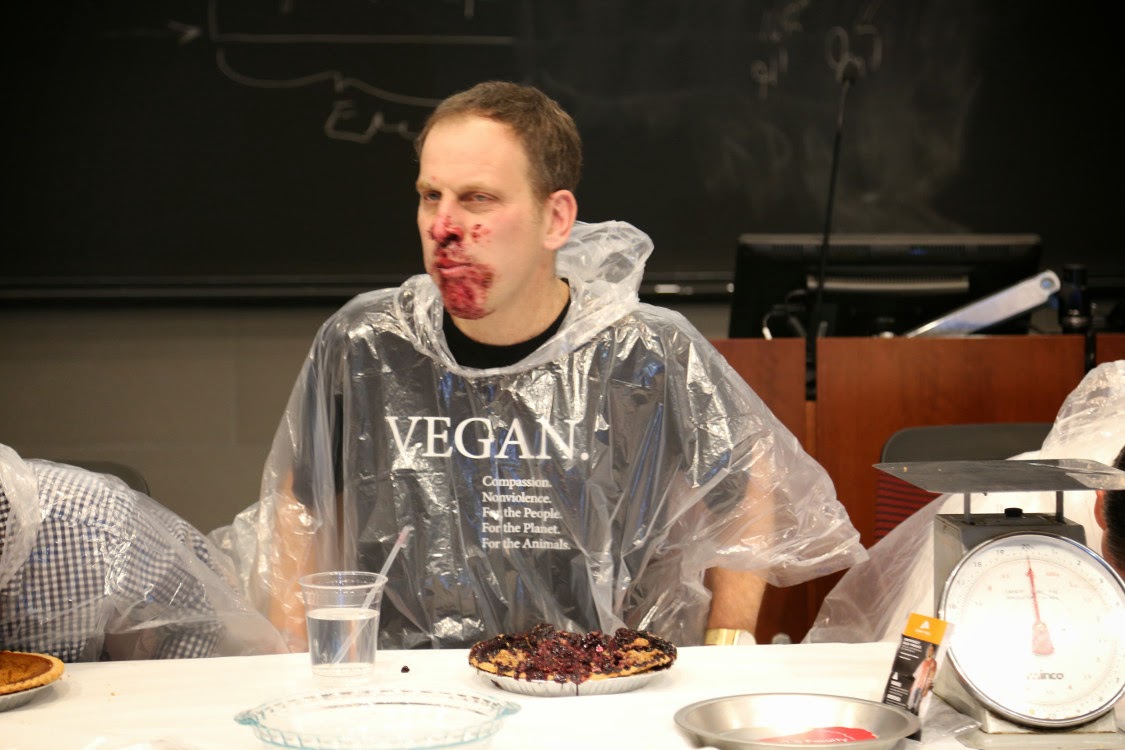Two Highly Recommended Readings
-- Posted by Neil H. Buchanan I hope that all Dorf on Law readers have enjoyed the holiday break, and that at least some of us took seriously Professor Colb's moving call to allow our professed values to change the way we think about what we eat. Although it is not our usual practice to publish Dorf on Law posts on weekends, I wanted to take just a moment to bring attention to two "must reads": (1) Thomas Palley, a progressive economist (which is, despite all evidence to the contrary, not an oxymoron), has penned a satirical essay, " Economists Without Borders (Economistes Sans Frontieres) ," which manages to be surprising in two important ways: (A) It uses the ebola virus as a leaping off point for humor, and (B) It shows that economists can be funny. (2) In his post two days ago (which I also highly recommend, but which loyal readers will surely have already read), Professor Dorf briefly mentions a guest Verdict column by Cornell Law Visiting Prof...
